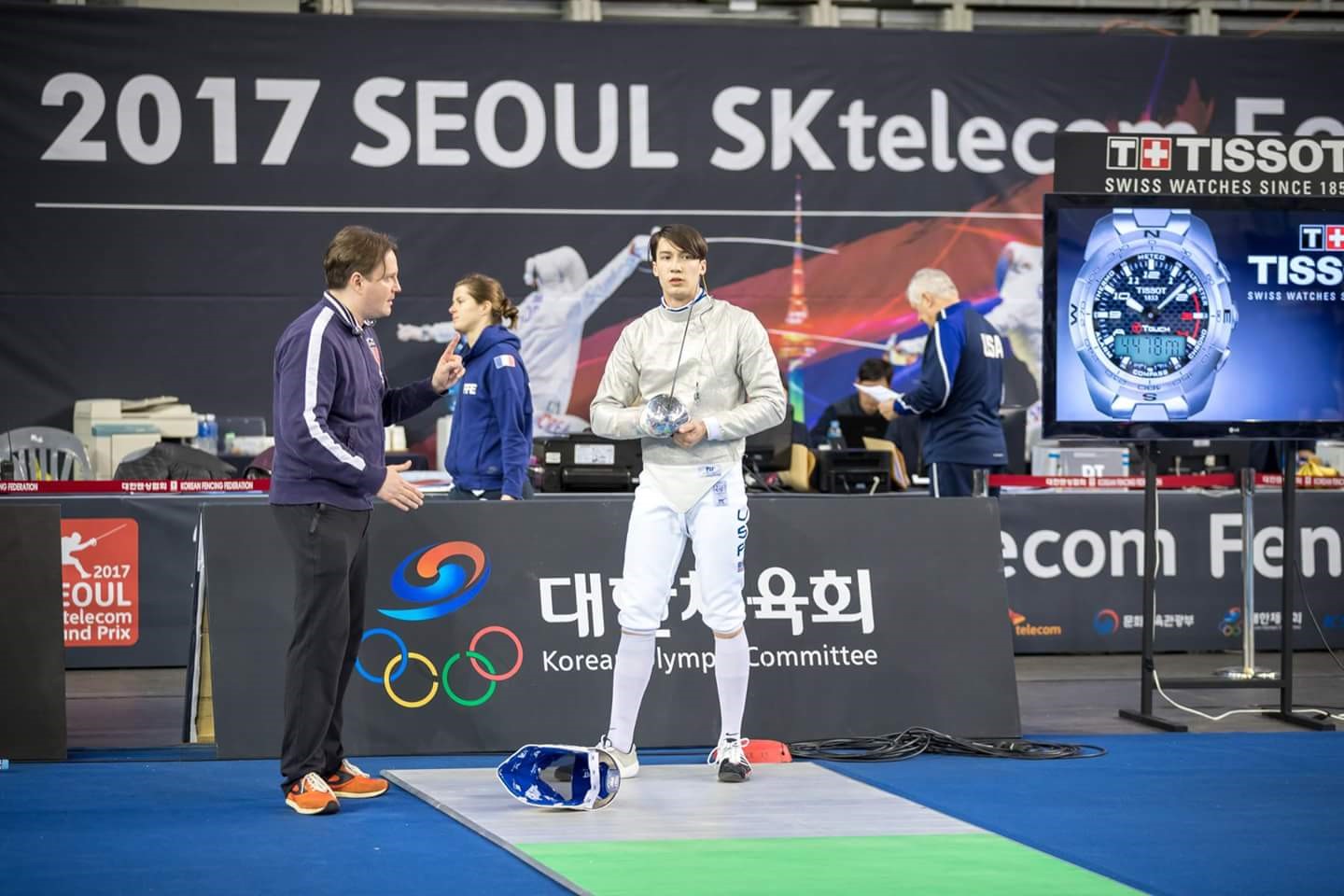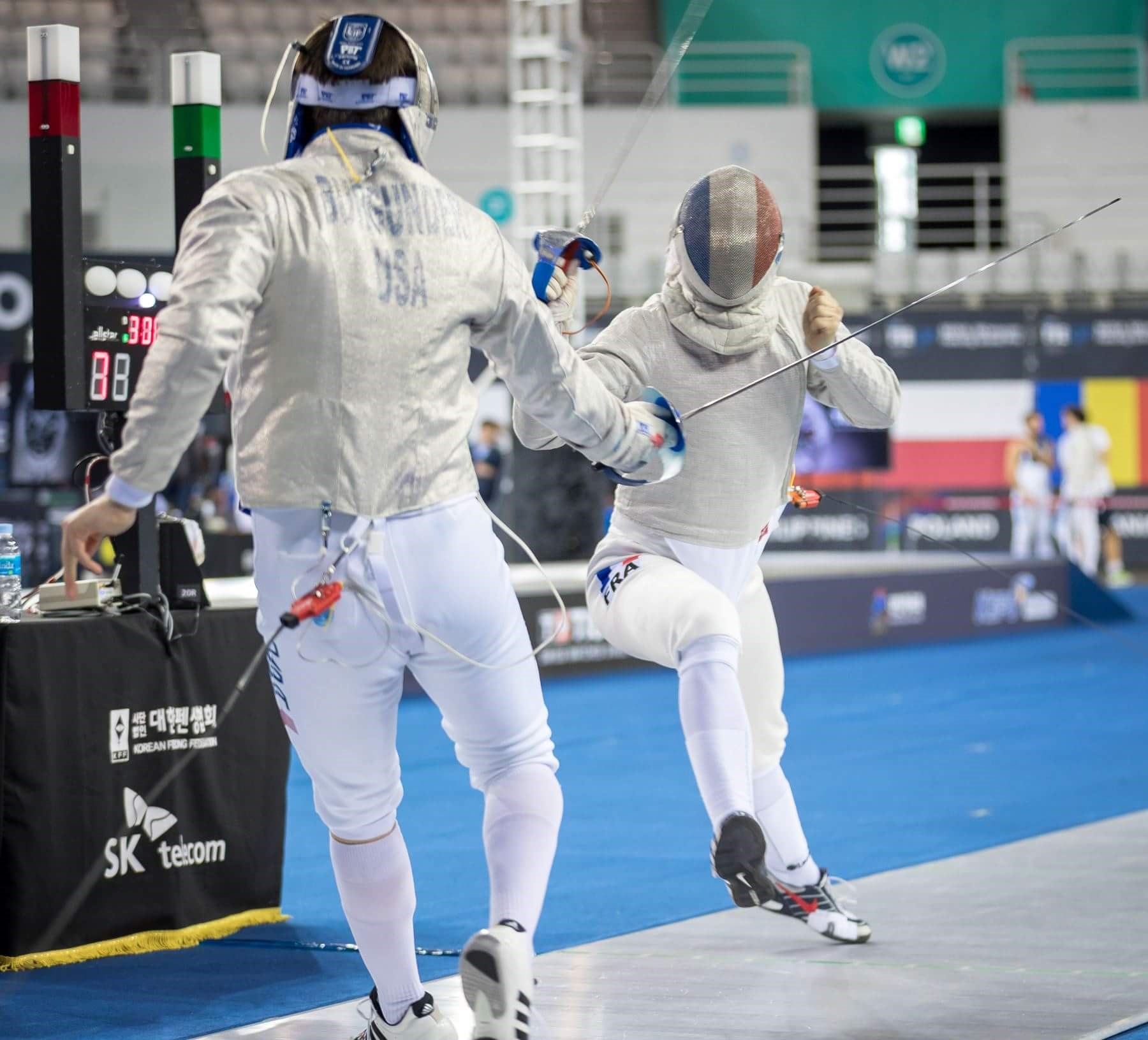RBC encourages its employees to bring their whole selves to work by sharing their hidden talents and unique hobbies outside of our walls and how those talents complement their professional lives. Today, we hear from Quinten Burgunder, champion fencer and Analyst in Technology Investment Banking in our New York office.

I first got started fencing when a group of mothers from my high school founded a fencing team. New Jersey had one of the largest fencing leagues in the country at the time, and by joining the team I quickly got exposed to high-level fencing and learned how competitive it could be.
After fencing for two years and starting college at NYU, I was recruited to the New York Athletic Club’s fencing team, which includes some of the best athletes in the sport. I earned the invitation by showing up at one of their tournaments and beating one of the members of the team. At that moment, I realized I had some potential and started to take fencing more seriously.


DUELING WITH DISAPPOINTMENT
What makes a good fencer?
- Calculated strategy and knowing when to take risks
- Creative thinking
- Good hand-eye coordination
- Showing up to every match with a winning attitude
At NYU, I trained really hard and worked my way to the most season wins in NYU fencing history, and the third most total wins in school history. I competed in two International Grand Prix (World Cups) where I was ranked third of all U.S. fencers, and lost by a small margin to the number two fencer in the world. My ultimate goal though was to make it through the NCAA championship and become an All-American.
At the NCAAs, I went in as fifth in the Northeast, but fell short of my goal of making All-American. Though I didn’t achieve my personal aim, it taught me a great lesson about handling defeat, picking yourself up and taking on the next opportunity. After graduating and joining RBC, my club wound up competing in the prestigious National Championship, upsetting a number of Olympic-caliber teams and ultimately winning the tournament.
FROM THE SABRE TO THE SPREADSHEET

Whether it’s work or an athletic pursuit, it’s important to start your skillset from the ground up. If you have bad fundamentals, your expertise is going to be built on a shaky foundation.
It is also key to be confident in yourself. Throughout my fencing career, and now at RBC, I’ve refused to back down from punching above my weight. You should always rise to the occasion and assert that you belong in the room even when matched with people with more experience or greater reputation than you. In other words, you don’t have to meet expectations - you can exceed them. And you never know until you try.
I remember one time I asked a coach in the midst of exhaustive training: when is it going to get easier, when am I going to see the results? He replied that it never gets easier – and those words stuck with me. Once you can recognize the amount of work, preparation and most importantly consistency necessary to be successful, you can handle the challenge - whatever it is.